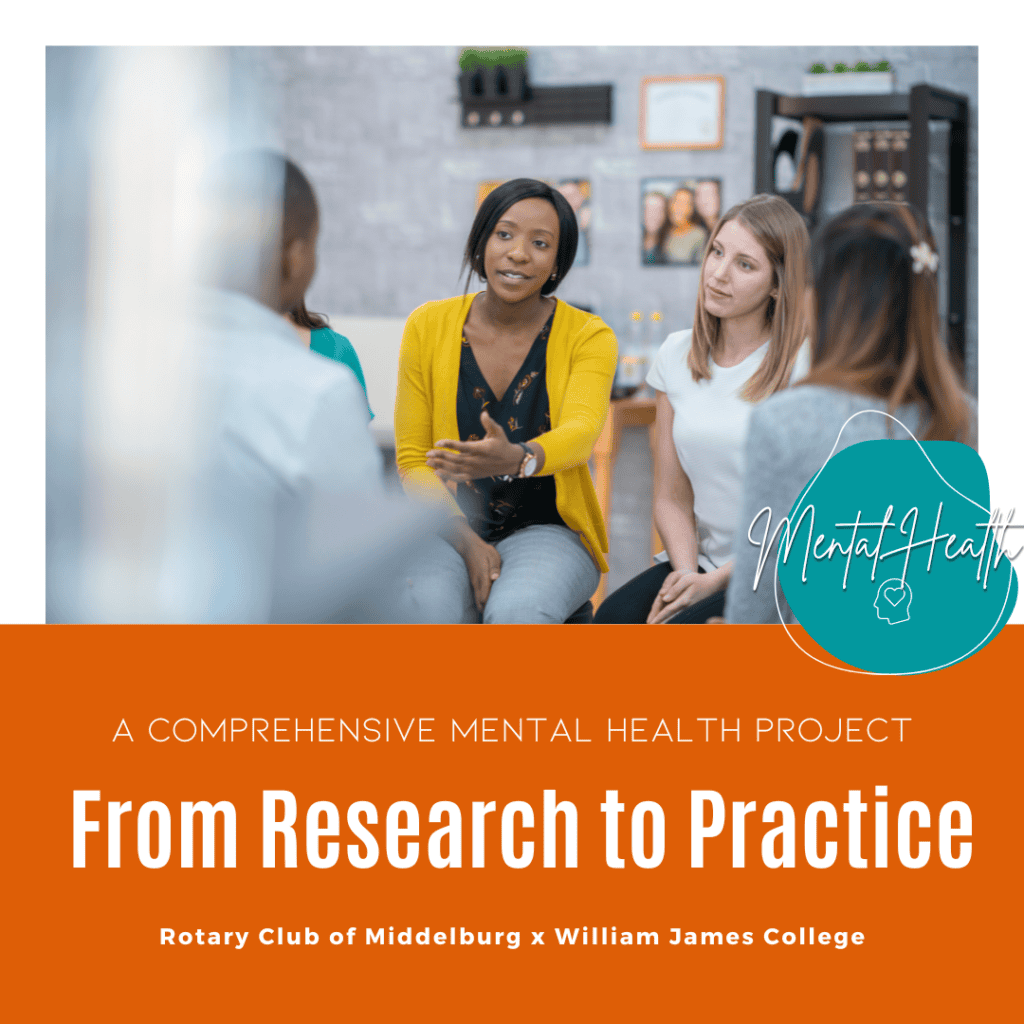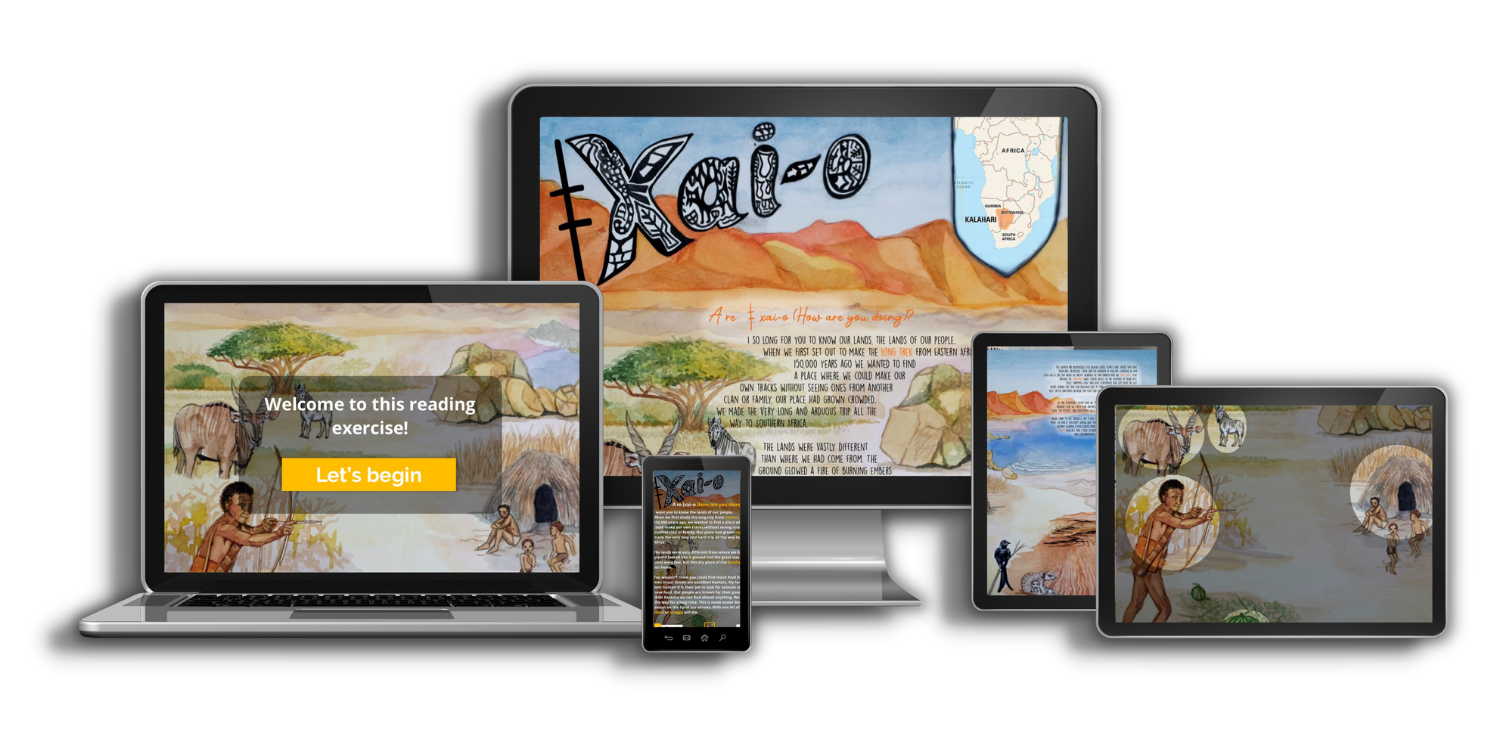Mental health and psychology professionals are increasingly working with community partners, NGOs, and universities to explore the power of collaboration to improve access to and the quality of mental health and psychology care. Collaboration is a powerful tool in the pursuit of improved mental health care. By coming together, we can create innovative solutions that benefit individuals in need, and society at large. All too often, however, the potential of collaboration between community partners, NGOs, universities, psychology and mental health professionals goes untapped. The aim of this blog post is to present a comprehensive overview of the ways in which these different institutions and organizations can work together to create change. Despite the fact that each group has its own unique set of skills and resources, there is a great deal of overlap in the challenges faced in providing mental health services. Coming together to share knowledge, formalize relationships, and foster collaboration can have a profound impact on access to and the quality of mental health services. It’s time to unlock the power of collaboration between these different entities and take a huge step forward in improving mental health outcomes for people around the world. In this blog post, we’ll explore different models for collaboration, discuss the benefits and challenges of collaboration, and provide practical tips on how to get started. By the end, you’ll have an understanding of how to create powerful collaborations that make a real difference in the fight for better mental health care.
Understanding the Need to Strengthen Collaboration
The importance of collaboration between community partners, NGOs, universities, and other entities in the field of psychology and mental health cannot be overstated. Working together towards a common cause has immense benefits, and when it comes to mental health, collaboration is essential to creating real and lasting change.
The scope and complexity of mental health issues require a comprehensive, multi-level approach to create effective and lasting solutions. This approach starts with collaboration between different stakeholders. These stakeholders bring different backgrounds and perspectives to the table and provide a framework for collaboration to happen.
For instance, universities offer the opportunity to conduct research and gain insights into the current mental health landscape. Non-governmental organizations (NGOs) carry out activities and provide services to those with mental health issues. And community partners, such as local organizations and healthcare providers, work to develop and implement effective mental health projects.
When each of these stakeholders works together, they can leverage their expertise and resources to develop mental health programs that are tailored to the needs of the local community. This kind of collaboration helps create an integrated system that is more effective and efficient in providing mental health services.
Moreover, collaboration between different stakeholders can create opportunities for public education and social support networks. By engaging with the community and working together on mental health initiatives, stakeholders can increase public awareness and help reduce the stigma surrounding mental health.
Collaboration also provides an opportunity to identify and address systemic issues and barriers that prevent those in need from accessing mental health services. Working together allows stakeholders to identify the underlying causes of mental health issues and develop comprehensive mental health projects that can help create a better future.
In order to achieve optimal results, collaboration must be well-structured and well-coordinated. Different stakeholders should be able to work together in an organized way and clearly understand their roles and responsibilities. It is also important to have clear goals and objectives in place, so everyone is on the same page.
Despite the importance of collaboration, it is not always easy to achieve. Building relationships and trust between stakeholders can be difficult, and it takes time to understand each other’s perspectives and create a sense of common purpose.
In order to strengthen collaboration in the field of mental health, it is important to create a culture of coordination and collaboration. This means providing clear guidance and direction, as well as encouraging dialogue and open communication between different stakeholders. It is also important to create a shared understanding of the importance of community.

Identifying Potential Partners
When starting a mental health project such as the one outlined in the blog post titled “From Research to Practice: A Comprehensive Mental Health Project,” one of the most important steps is to identify potential partners who can help make the project a success. These partners can come from a variety of backgrounds, including non-governmental organizations (NGOs), universities, and local community members. It’s important to engage these stakeholders early on in the project to ensure that everyone is on board with the project goals and objectives.
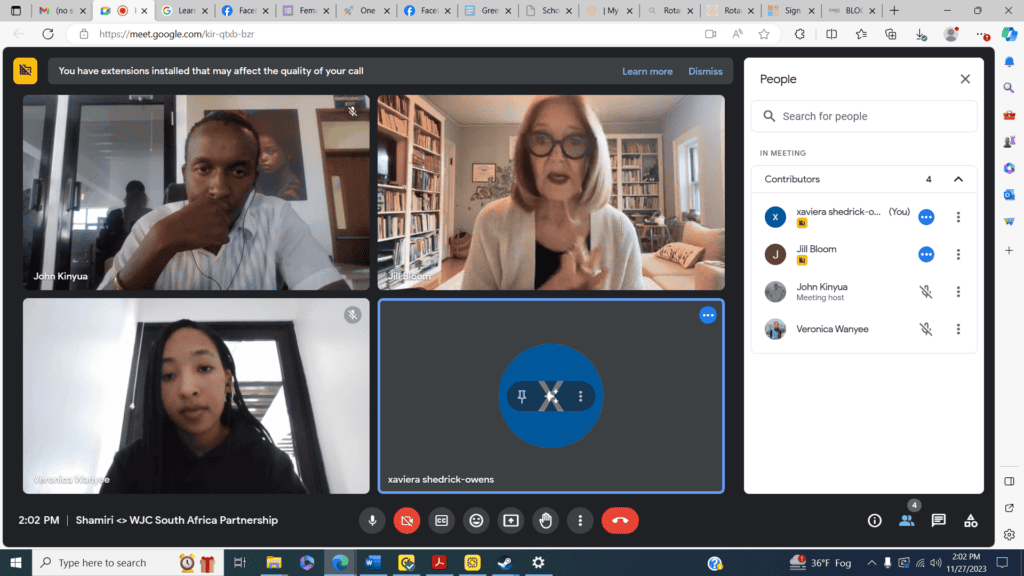
The first step in identifying potential partners is to do some research. Look for NGOs and universities that are already doing work related to psychology and mental health. Contact them to see if they would be interested in collaborating on the project. This will help you get an understanding of their capabilities and areas of expertise and how they may be able to contribute to the project.
Once you have identified potential partners, it’s important to reach out to the local community as well. Talk to members of the community who may have experience in the areas of psychology and mental health and see if they would be willing to partner with you and contribute to the project. Community members can provide insight on the needs of the local population and can also offer support in terms of resources and personnel.
In addition to NGOs, universities, and community members, don’t forget to consider other partners such as government agencies, foundations, and businesses. These partners can all provide valuable resources and expertise for the project.
Identifying potential partners is a critical step for any mental health project. It’s important to take the time to research the organizations and individuals who might be interested in partnering with you, and to reach out to the local community for input. Doing so will help ensure that the project is successful and has the potential to make a lasting impact.
Assessing the Benefits of Collaboration
Many mental health professionals are beginning to recognize the benefits of collaboration when it comes to providing comprehensive mental health services. With the growing complexity of mental health issues, it is becoming increasingly important for professionals to collaborate and leverage the expertise of others in order to provide the most effective and comprehensive treatment plan.
Collaboration helps to ensure that all aspects of a client’s mental health needs are addressed, from both a clinical and community-based perspective. Research suggests that collaborative models of care, such as those found in multidisciplinary teams, have been proven to be effective in reducing symptoms and improving outcomes. Community partners, such as non-governmental organizations (NGOs) and universities, can also play an important role in providing comprehensive care to individuals with mental health problems.
At the same time, it is essential to consider the ethical implications of collaboration in mental health. For example, it is important to ensure that the best interests of the client are being taken into account and that the client is aware of the purpose of the collaboration. Furthermore, collaborations between professionals and community partners must be carefully managed in order to ensure that the client’s privacy is maintained.
In order to maximize the benefits of collaboration, mental health professionals must be mindful of the unique needs and circumstances of each client. For example, while some clients may benefit from collaborating with community partners, others may need more specialized care and be better served by a specialized team of mental health professionals. In addition, mental health professionals must ensure that all collaborators are informed about the client’s unique needs and that everyone involved is working to the same goals and standards.
Ultimately, collaboration between mental health professionals and community partners can be an effective way to provide comprehensive mental health services to clients. By considering the ethical implications of collaboration as well as the unique needs of each client, professionals can ensure that the benefits of collaboration are maximized in order to provide the most effective and comprehensive care.
Navigating Challenges in Working Together
We planned to talk about Shakira’s knowledge of mental health curriculum, which she was trained to provide, on our scheduled Zoom call on August 11. Unfortunately, I was unable to join the call due to a password misunderstanding, so Jill and Shakira had to meet without me. Despite this setback, they were successful in working together.
In order to catch up on all I had missed, Jill and I decided to set up a follow-up meeting in the following weeks. We’re dedicated to retaining our adaptability and tenacity in the face of unforeseen difficulties, demonstrating our unshakable dedication to the extensive mental health initiative for the community of Middelburg.


Developing Guidelines to Foster Effective Collaboration
Following a joint conversation with the Shamiri Institute and Dr. Bloom on November 27th, we all signed a Non-Disclosure Agreement (NDA) to further solidify our dedication to maintaining confidentiality and working together, acknowledging the delicate nature of the information we discussed. Not only does this legally binding agreement lay the groundwork for future secrecy, but it also highlights our mutual commitment to cultivating an atmosphere of trust. An important first step in protecting the confidentiality of mental health programs is the Non-Disclosure Agreement (NDA), which lays the groundwork for future cooperation, open dialogue, and shared goals. By recognizing the need to maintain confidentiality, we hope to foster an environment where teamwork is valued and sensitive information is protected. This will allow us to work on meaningful and ethical projects related to mental health.
Exploring How Technology Can Enhance Collaboration
The Shamiri Institute has emerged as a pioneer due to its history of effective mental health practices. Their knowledge and experience not only improve the lives of young people, but also strengthen community networks, which in turn help to overcome obstacles. By providing us with training on the Learning Management System (LMS), Shamiri has shown us the way forward, taking all the uncertainty out of implementing the project. With the help of the Shamiri framework, we have a thorough grasp of all aspects of our purpose, including the complexities involved, such as recruitment methods, building relationships with schools, and the importance of Institutional Review Boards (IRB).
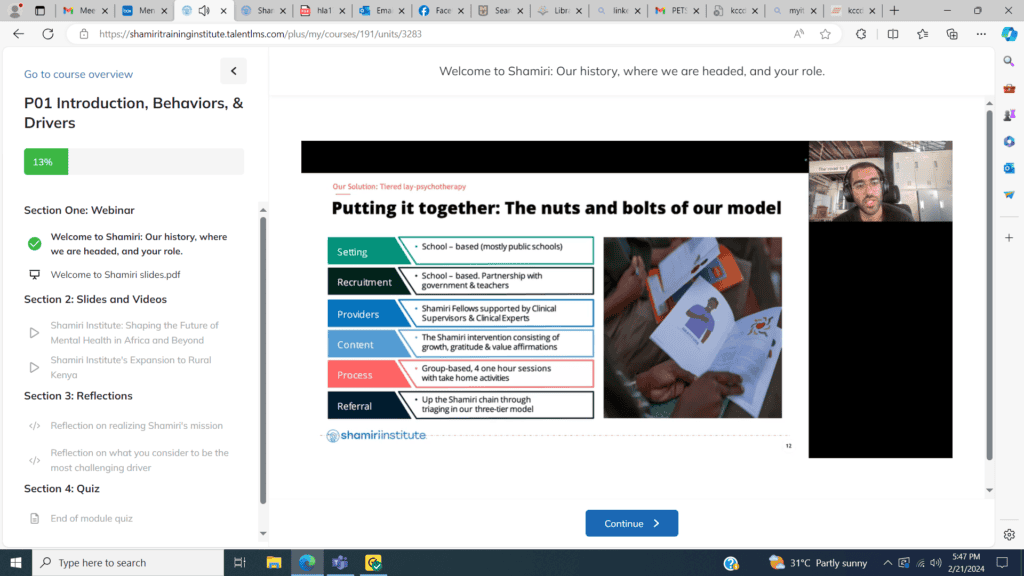
At the same time, the fact that we were able to work together with William James College demonstrates how well technology can facilitate partnerships. Success has persisted as we’ve made good use of tools like Zoom for online meetings, email for instant messaging, and Google Docs for group work on documents. Thanks to the digital environment, we are now able to organize logistics more efficiently and work together more cohesively toward our common goals, which has strengthened our cooperation.
Dr. Bloom and her colleagues at William James College have extensive expertise administering initiatives like ours across Africa and the African diaspora; their assistance has been crucial in improving the quality of our project. Their observant guidance clarifies the complexities of program administration and guarantees a seamless course. Their professional networks have allowed a smooth connection with Shamiri Institute, and community surveys have allowed us to customize our program offerings to answer specific requirements. This has resulted in a healthy collaborative ecosystem that transcends geographical bounds.
Looking ahead, I am especially thrilled about the project’s potential to make a lasting impact on Middelburg’s community in the long run. It excites me to think that a team of people can collaborate on massive projects that will impact not just the lives of the youngsters involved but also their supporters. I can’t wait to learn more about Africa’s mental health practices’ past so that we can improve our community by collaboratively reimagining old ideas. An exciting new direction for long-term, culturally relevant mental health programs is the use of a learning management system (LMS) developed by Africans for Africans.
I am most impressed by our dedication to addressing mental health from an African viewpoint, rather than imposing Western concepts on an African environment. I can’t wait to see how this revolutionary strategy changes the way young people in our city and the surrounding areas think about things because it is in line with our vision. Reimagining mental health solutions that truly speak to our community is an exhilarating adventure.
Putting Plans into Action
We took a big stride forward this past weekend when we put our teamwork into practice. We planned a leadership camp at the charming Deiner’s farm, where we invited 10 eager young people from the neighborhood Care Village, together with 4 carers and a committed social worker. The camp aims to foster a sense of togetherness while instilling significant ideals.
We played participatory activities throughout the event, which not only encouraged enjoyment but also emphasized the value of collaboration. Participants learned important lessons about the value of good sportsmanship during the course of the camp. We anticipate that these lessons will have a significant impact on campers’ personal and communal lives, well beyond the campsites.
It’s interesting that our stay at the farm led to a shocking realization. The calm, nutrient-rich setting appeared to have a favorable effect on everyone involved, including the social worker and the young kids. The atmosphere of the farm seemed to offer a much-needed respite and refreshment amidst the pressures of their employment. This finding serves as a reminder of the critical connection between the environment and mental health, particularly in conditions of severe stress.
Fortunately, this is just the beginning. A series of specialized courses that will dive further into the complex connection between mental health and our daily lives have gained momentum and generated interest. We are committed to tackling the significant impact that mental health has on both people and communities. We look forward to the benefits our combined efforts will have on the Middelburg community as our collaboration develops.



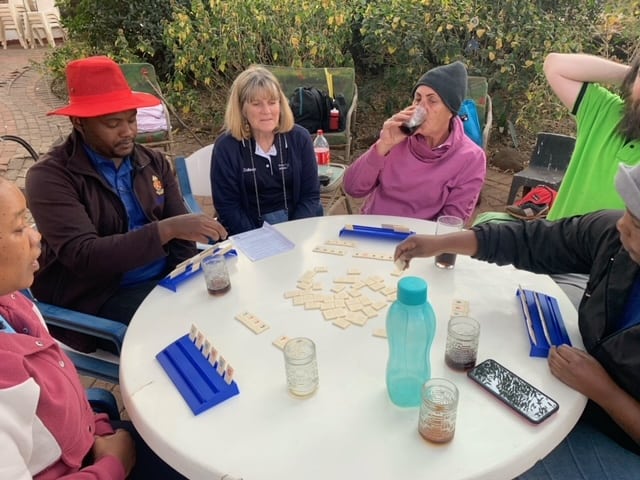
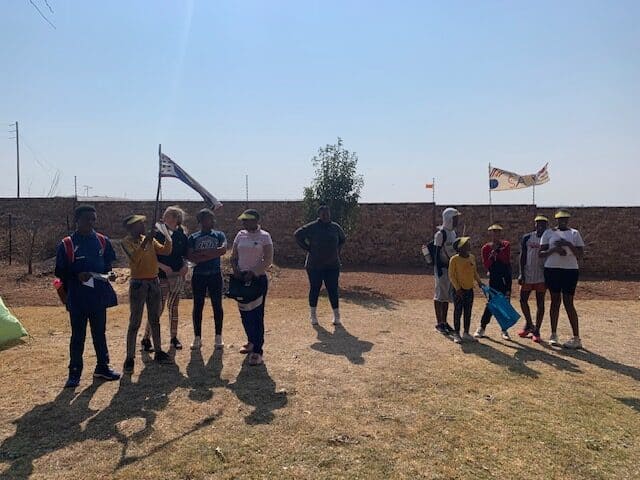
Looking Ahead: Sustaining Collaboration and Impact in the Future
Please check the link to follow the training we are embarking upon…Masterclass Fusion: Instructional Design and Program Management in Concert – Welcome (peniellearning.org)

